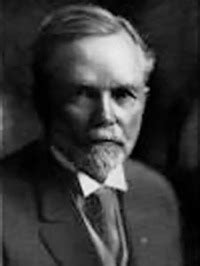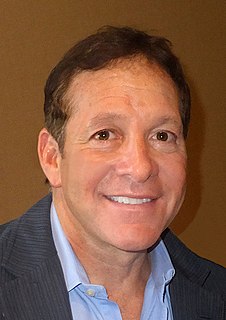A Quote by Jurnee Smollett-Bell
They did laugh; they did fall in love. And while they were under incredibly oppressive conditions, they constantly were trying to steal pleasures. When you go back to the slave narratives, and you read books like the 'Bullwhip Days' or 'Incidents in the Life of the Slave Girl,' they will share what life was like, and it's a 365-degree view.
Related Quotes
All you have to do is go back to slavery - days, and there were two types of slaves, the house slave and the field slave. The house slave was the one who believed in the master, who had confidence in the master and usually was very friendly with the master. And usually he was also used by the master to try and keep the other slaves pacified.
The other slaves in the field never let that house slave knew - know what they were really thinking. If the house slave said, well one of these days all of us will live in the plantation, they said, uh huh. They went along with him. But if you came up to them and said, let's go, they would be gone just like that.And in, in America you have the same situation.You have the vast masses who are still slaves.
The melting pot failed to function in one crucial area. Religions and nationalities, however different, generally learned to live together, even to grow together, in America. But color was something else. Reds were murdered like wild animals. Yellows were characterized as a peril and incarcerated en masse during World War ii for no really good reason by our most liberal president. Browns have been abused as the new slave labor on farms. The blacks, who did not come here willingly, are now, more than a century after emancipation by Lincoln, still suffering a host of slave like inequalities.
My older brother and I read all the time. My father read, but only things related to religion. One year, he did read a set of stories that was called something like '365 Stories' out loud to us. They followed a family for the year, a page a day. They were about kids with simple problems - like a wheel coming off their bicycle.
But the cinephile is … a neurotic! (That’s not a pejorative term.) The Bronte sisters were neurotic, and it’s because they were neurotic that they read all those books and became writers. The famous French advertising slogan that says, “When you love life, you go to the movies,” it’s false! It’s exactly the opposite: when you don’t love life, or when life doesn’t give you satisfaction, you go to the movies.
When you're going over periods of your life, you remember certain things, certain events, certain people that you've forgotten. You've forgotten certain lessons or people you were very close to, and then you haven't seen them in a while. I think if you can go through life with the correct regrets, then looking back on it, like I did, a certain portion of my life is pretty enjoyable. All my regrets are ones that I'd like to keep.



































